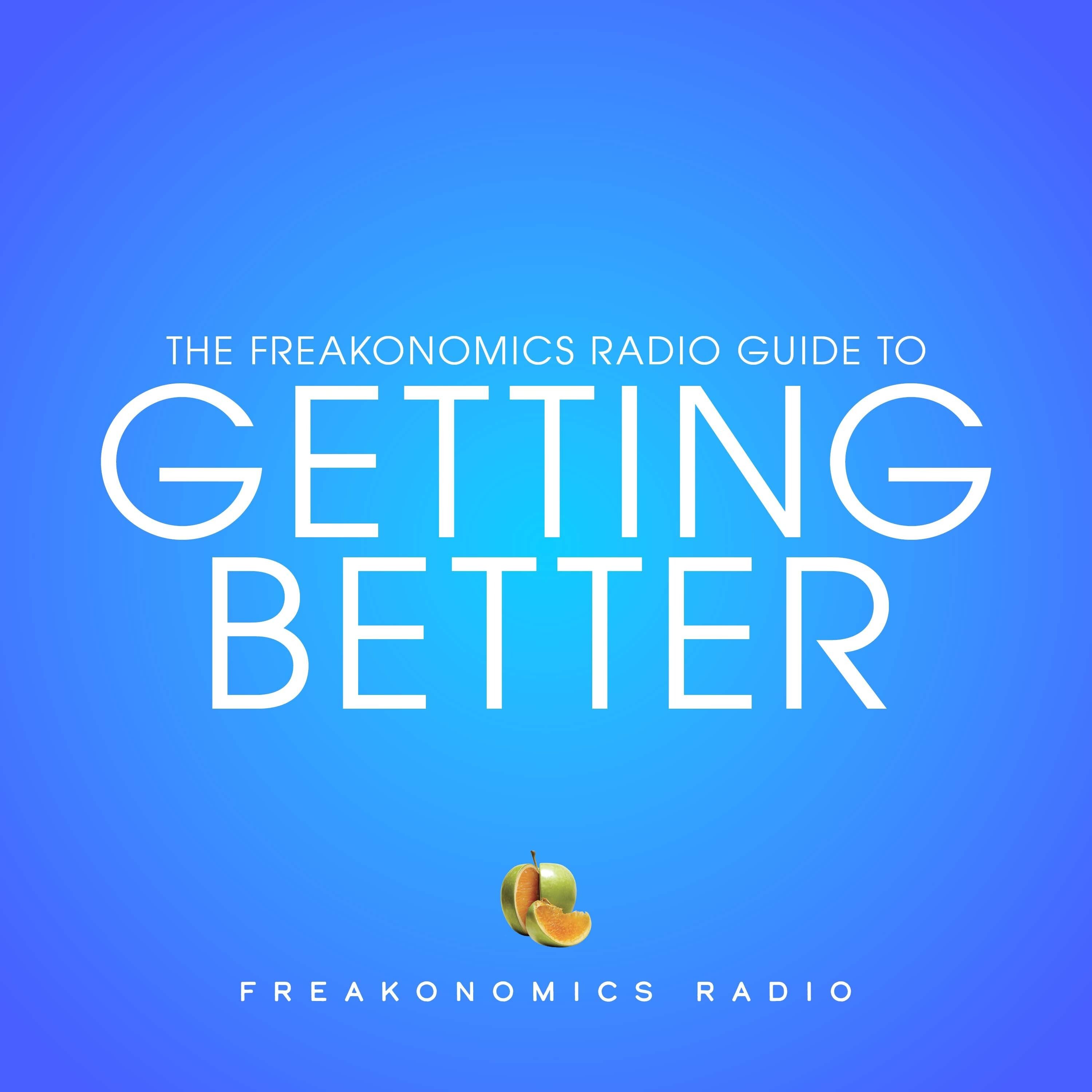Freakonomics Radio
Zeke Emanuel (a physician, medical ethicist, and policy wonk) has some different ideas for how to lead a healthy and meaningful life. It starts with ice cream. (Part three of “The Freakonomics Radio Guide to Getting Better.”)
- SOURCES:
- Zeke Emanuel, oncologist, bioethicist, professor at the University of Pennsylvania.
- RESOURCES:
- Eat Your Ice Cream: Six Simple Rules for a Long and Healthy Life, by Zeke Emanuel (2026).
- “Nutrition Science’s Most Preposterous Result,” by David Merritt Johns (The Atlantic, 2023).
- EXTRAS:
- “Is Ozempic as Magical as It Sounds?” by Freakonomics Radio (2024).
- “The Suddenly Diplomatic Rahm Emanuel,” by Freakonomics Radio (2023).
- “Ari Emanuel Is Never Indifferent,” by Freakonomics Radio (2023).
- “What’s the “Best” Exercise?” by Freakonomics Radio (2014).
Hosted by Simplecast, an AdsWizz company. See pcm.adswizz.com for information about our collection and use of personal data for advertising.

557. When Is a Superstar Just Another Employee?
The union that represents N.F.L. players conducted their first-ever survey of workplace conditions, and issued a report card to all 32 teams. What did the survey reveal? Clogged showers, rats in the locker room —…
556. A.I. Is Changing Everything. Does That Include You?
For all the speculation about the future, A.I. tools can be useful right now. Adam Davidson discovers what they can help us do, how we can get the most from them — and why the…
555. New Technologies Always Scare Us. Is A.I. Any Different?
Guest host Adam Davidson looks at what might happen to your job in a world of human-level artificial intelligence, and asks when it might be time to worry that the machines have become too powerful.…
554. Can A.I. Take a Joke?
Artificial intelligence, we’ve been told, will destroy humankind. No, wait — it will usher in a new age of human flourishing! Guest host Adam Davidson (co-founder of Planet Money) sorts through the big claims about…
553. The Suddenly Diplomatic Rahm Emanuel
The famously profane politician and operative is now U.S. ambassador to Japan, where he’s trying to rewrite the rules of diplomacy. But don’t worry: When it comes to China, he’s every bit as combative as…
Should Traffic Lights Be Abolished? (Ep. 454 Replay)
Americans are so accustomed to the standard intersection that we rarely consider how dangerous it can be — as well as costly, time-wasting, and polluting. Is it time to embrace the lowly, lovely roundabout?
Extra: A Modern Whaler Speaks Up
Bjorn Andersen killed 111 minke whales this season. He tells us how he does it, why he does it, and what he thinks would happen if whale-hunting ever stopped. (This bonus episode is a follow-up…
552. Freakonomics Radio Presents: The Economics of Everyday Things
In three stories from our newest podcast, host Zachary Crockett digs into sports mascots, cashmere sweaters, and dinosaur skeletons.
551. What Can Whales Teach Us About Clean Energy, Workplace Harmony, and Living the Good Life?
In the final episode of our whale series, we learn about fecal plumes, shipping noise, and why “Moby-Dick” is still worth reading. (Part 3 of “Everything You Never Knew About Whaling.”)
550. Why Do People Still Hunt Whales?
For years, whale oil was used as lighting fuel, industrial lubricant, and the main ingredient in (yum!) margarine. Whale meat was also on a few menus. But today, demand for whale products is at a…
